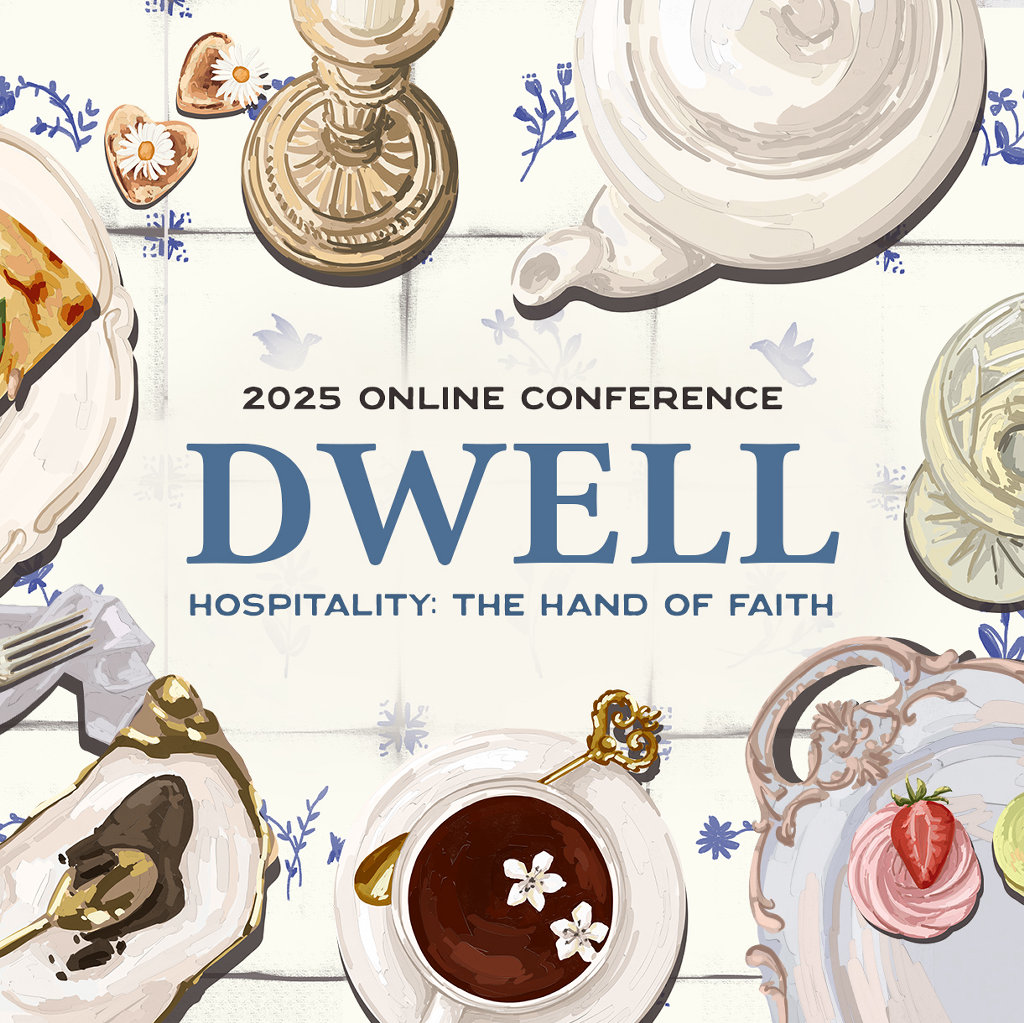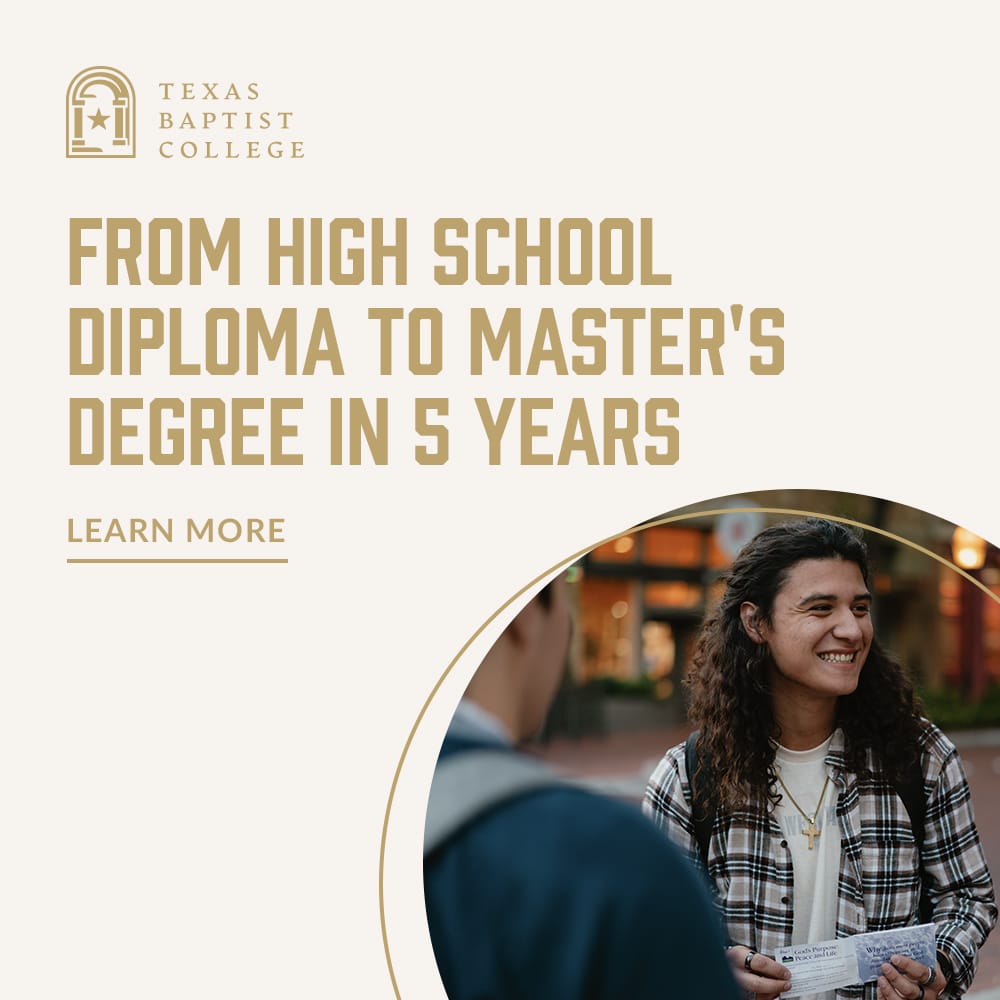Metaphysicians and Carpenters: Intellectual Pride in Classical Academia

For the past five years, I have been involved at some level in the realm of classical academia (first as a student with an independent interest in the field and now as an educator). Although my overall time in this realm is but a blade of grass in the wind compared to others, I have found that my short experience has given me much to reflect on regarding the culture, desires, and vices of the “classical crowd.” Although I will forever sing the praises of classical academia, I have come to realize that the nobility of our pursuits in this field by no means renders us exempt from the most basic imperfections of human nature. If anything, it makes us more susceptible to them. As with every field, classical academia contains its own set of vices that lie in wait for both the budding scholar and the most seasoned educator.
By way of a disclaimer, the thoughts which follow are intentionally painted in broad strokes. I do not mean to imply that every person or community that engages in intellectual pursuits of the classical nature is guilty of these imperfections. I have met (and currently work with) many incredibly humble people in this field, who love truth for its own sake and aim only at its pursuit, free of all pretension. That being said, I also believe that no person is exempt from these pitfalls. Even the most well-intended of us is vulnerable to them. I point them out now first and foremost because I have seen them in myself.
As classical educators, we often speak to our students of the need for humility towards the truth. We try with all our might to impress upon their souls the notion that they ought to approach the world with wonder and humility. After all, nobody knows everything. But what about our own humility? We are teachers—and teachers ought to be experts (or so we tell ourselves). Our love for the arts, along with our growing knowledge of them, can leave the door open to a subtle kind of intellectual pride. Perhaps it is in part self-consciousness. In the presence of great thinkers, we feel we must justify our place at the table. Our ticket to belonging is our knowledge, our expertise. Anyone who has joined the growing throng of classical intellectuals has at some point in time experienced that seductive temptation to flaunt their knowledge of a topic before others. Likewise, we have all felt that irrational sense of shame at not being “up to snuff” in a given area. I have been both a participant and an observer of many conversations between “intellectuals” that have left me wondering: Are we debating right now because we love the truth, or because we just like to hear ourselves talk about it?
At the heart of this pretension lies a fear of inadequacy. We are forever terrified of discovering our own nakedness (or worse, having others discover it). So, we hide behind the fig leaves of important conversations and knowledge of obscure topics, discussed behind the hazy veil of our pipe smoke. We want our students to be humble, and yet we pride ourselves on how much we know.
G.K. Chesterton wrote about the dangers of intellectual pride, calling it one of the greatest enemies of intellectual and imaginative expression. Connecting it to the arts, he insisted that the moment we begin to do art for art’s sake, we run the risk of slipping into the priggishness that attends most “experts.” It is precisely when we become experts in our field that we become vulnerable to the affected attitude that congests authentic imaginative expression. “It is when the classical poet is most classical that he strikes us as pompous and vapid.” In his book on G.K. Chesterton and the Christian imagination, Thomas Peters writes, “Chesterton insisted that real artists are ordinary people who do art; they are not finely tuned instruments… nor do [they] need to live in trendy places, to possess certain eccentric furnishings, to wear a certain arty kind of clothing, or to eat at certain notorious cafés.” Likewise, the mark of a real classical scholar is not dressing in tweed jackets, smoking pipes, and quoting the Silmarillion while sipping on the latest microbrew (not that there is anything wrong with the Silmarillion or microbrews). The true classical scholar is simply an ordinary person who loves truth, beauty, and goodness. He is not puffed up with self-importance, nor does he try to make a show of what he knows. His humility is a beacon of light, allowing him to emanate the true spirit of the classical tradition.
As a Christian educator, I see a particular danger in all of this. Classical educators have the undeserved blessing of contemplating the highest things. We have available to us the richest treasures of the human intellect, passed down throughout history. How tragic would it be if, in the light of this great treasure, we became blinded instead of illuminated? How tragic if we forgot that it is not knowledge which saves but Jesus Christ? Our worth as persons, educated or not, consists not in how much we know, but in whom we know. How tragic if we mistook the reflections of the most important thing for the thing itself?
The solution to all of this, according to Chesterton, is humility. When I was in undergrad, my philosophy professor told me that the mark of the true philosopher was humility towards the truth. Humility is what saves the lover of wisdom from devolving into mere sophistry. I would argue that the mark of the true classical scholar is humility towards others. Classical educators have been given a great gift of knowledge. But knowledge is not the greatest gift. The greatest gift ever given to mankind was a person, Jesus Christ. This gift is available to everyone, the ignorant as well as the wise (after all, it was the shepherds and not the wise men who first beheld the Christ child). Those of us who engage in academic pursuits would do well to remember these things, lest we forget the words of St. Thomas Aquinas, who concluded that “to love God is something greater than to know him.” After all, the greatest teacher in the world was not a metaphysician or a scholar of the arts, but a humble carpenter.

Maddie Dobrowski
Maddie Dobrowski is an author, philosophy M.A. student, classical educator, and lover of truth. She teaches Latin and philosophy at a classical high school and writes the arts & culture column for her local Diocesan magazine.









2 thoughts on “Metaphysicians and Carpenters: Intellectual Pride in Classical Academia”
Great article!
Pingback: No.885: Last Week at the Farmhouse // Being Useful